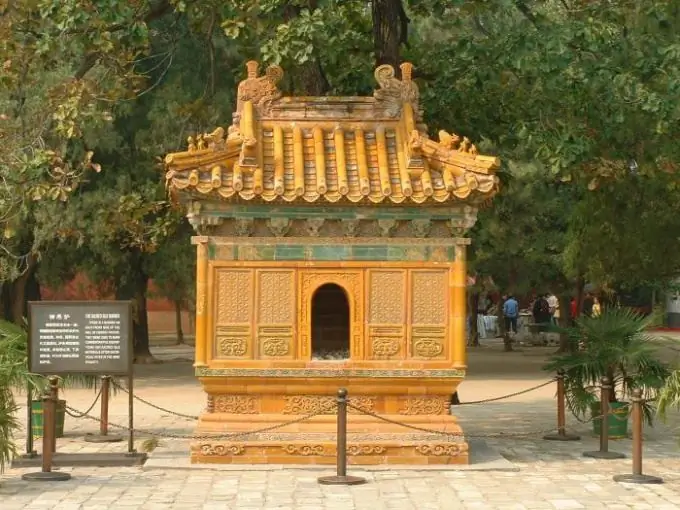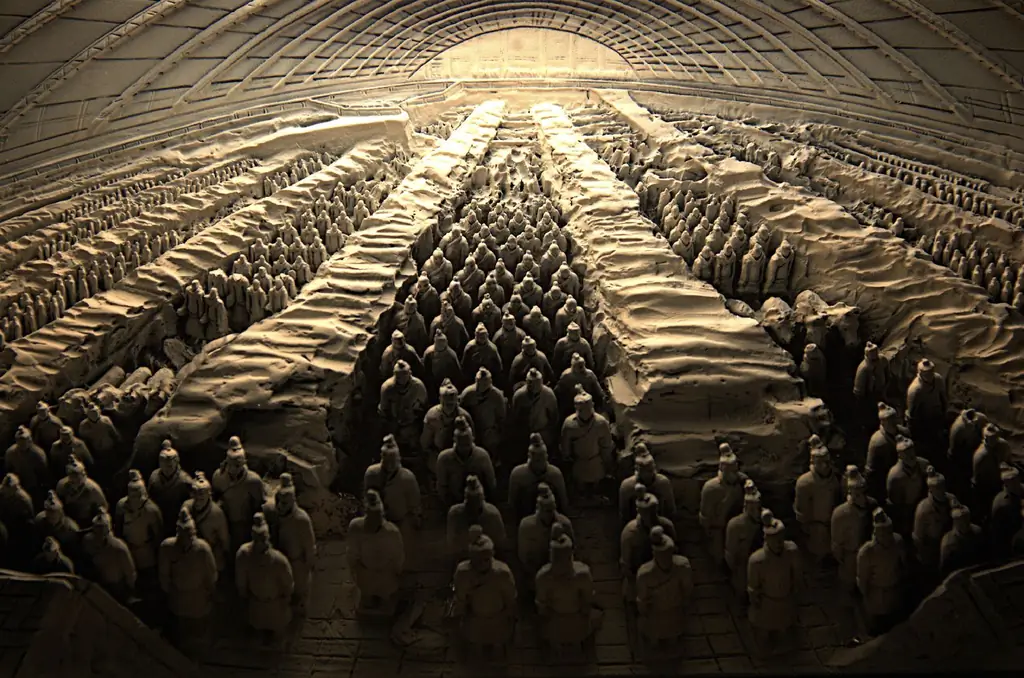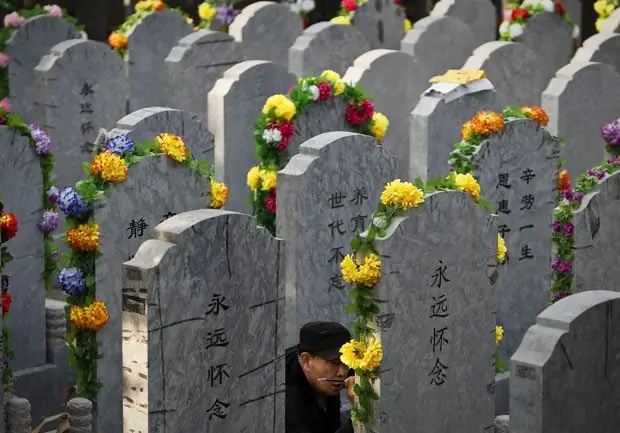Many believe that feng shui is an art for the dead. It is contraindicated alive, but this is a delusion of ignorant people.

At the beginning of its origins, feng shui was really practiced for the dead, as the Chinese used to think that their luck depended on the location of their ancestors' graves. In principle, they think so now. In Russia, the dead were always buried in a common cemetery, with the exception of unbaptized people, as well as those who were excommunicated by the church, suicides, gentiles, and they did not know any problems. And the Chinese, on the other hand, approached the choice of the ideal grave site with complete seriousness, for them it is the duty of the whole family. If the grave of the deceased is in a good place, with good feng shui, then all descendants up to the fifth generation will be blessed. Life will be easy, obedient children, money and fame will never leave the family, everyone will be healthy. In order to place the grave in the right place, feng shui masters were needed. They were respected for their invaluable experience.
The land for the graves was chosen carefully, the Chinese tried to choose the best places. It was believed that the soul of the deceased should see beautiful landscapes that would not disturb their peace. A good feng shui for a grave would have to include a stagnant body of water. If you correctly orient the grave, then the whole family of the deceased improves their authority and well-being. Sometimes the Chinese postponed the funeral for several months, all in order to find the best place.
After the death of a family member, the Chinese put coins, pearls, mirrors, gold jewelry and everything that would be useful to the deceased in the next life in the graves. Emperor Qin Shi Huang (2-3 century BC) built a whole grave complex, which included more than 8 thousand statues of warriors, horses, carts with food, weapons and any other utensils. This composition is called the Terracotta Army.

Even the shape of the site was chosen square, rectangular or in the form of a wallet. It is believed that good Qi circulates in such an area. An area with a narrow front has negative qi and will interfere with the achievement of wealth and fame. Also, the site should not be wet, but much drier than the land where houses are built. Water should not fall into the grave, but should drain from the site. Otherwise, the body will decompose faster, thereby disrupting feng shui, and luck will turn away from descendants. Feng Shui obliged the dead to put a tombstone at the head of the grave. And the descendants had to always monitor his condition, cleanse him of white spots and blackness in time, or trouble would befall the family.

These traditions are revered by the Chinese in our time. You can draw a parallel and see that our traditions of caring for graves are in many ways similar to those in China. After all, we, too, put tombstones, weed graves and plant flowers. Some feng shui masters believe that the energy of the dead helps the living well. Others believe that dead fields destroy life, which is why they recommend cremation. In any case, the tradition of the living to seek help from the dead still remains.
It is not known exactly when feng shui became a practice for the living, but now we use this art to improve our lives. Naturally, rituals for the dead are not performed on the living, they have been modified.






